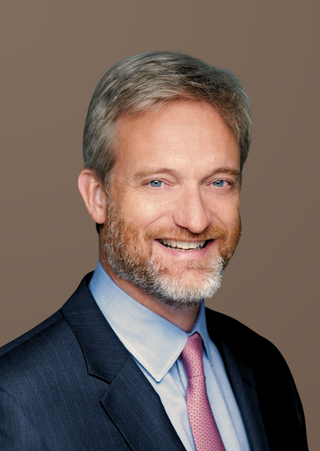The first battle of the 2028 US election cycle just happened, and it is showing that Trump’s big coalition may be hard to keep together. Notably, it is a foreign policy issue that is on point.
The question of Israel and its relationship with the United States goes to the heart of an essential schism in Republican politics between populists and mainstream conservatives. Mainstream conservatives see Israel as a bulwark for US values and interests in the still-critical Middle East region. Populists are more likely to see an unconditionally strong relationship with Israel as a problem that could draw the United States into another unwanted war.
The Israel question exploded at the end of October when conservative journalist Tucker Carlson published a 2+ hour-long video interview with Nick Fuentes. Fuentes is an effective and controversial political provocateur who has regularly made offensive statements about racial and religious groups and openly embraced Adolf Hitler.
In his Carlson interview, as expected, Fuentes offered up his usual swill. He complained about “organized Jewry in America” and called himself a “fan” of Soviet dictator Joseph Stalin.
Carlson himself may have been even more provocative. He criticised Senator Ted Cruz, former President George W Bush and current US Ambassador to Israel Mike Huckabee for supporting the State of Israel and being “Christian Zionists” who have been “seized by this brain virus.” He added, “I can just say for myself: I dislike them more than anyone.”
Carlson was fired by Fox News in 2023 but has since built up his own media empire. More than three million Americans watch his interviews, more viewers than many news channels. He spoke at the Republican convention in 2024 and was seen as a surrogate for Donald Trump.
In his efforts to remain in the news, however, Carlson has occasionally gone well beyond reasonable discourse. Last year, he interviewed a pseudo-historian who claimed that Winston Churchill was the true villain of World War II.
Carlson’s status with Trump may have changed as a result of this summer’s events in the Middle East. He was critical of Trump’s support for Israeli attacks against Iran, as well as the United States’ own strike on Iran’s nuclear weapons program. Trump responded by calling Carlson “kooky” and said he should get on a news network so people would know what he was up to — a dig at his firing by Fox.
After the Carlson-Fuentes interview, the Heritage Foundation, a venerable conservative think tank in Washington, got involved. Perhaps mindful of the organisation’s own political constituency, Heritage’s president, Dr Kevin Roberts, issued a statement in which he condemned Fuentes’ views but was adamant that neither Carlson nor Fuentes should be “canceled.” Roberts’ statement was seen as insufficiently critical of both men and was immediately slammed by other conservatives, most notably, Texas Senator Ted Cruz.
At the Republican Jewish Coalition annual meeting last week, Cruz responded, “Now is a time for choosing. Now is the time for courage… If you sit there with someone who says Adolf Hitler was very, very cool, and that their mission is to combat and defeat global Jewry, and you say nothing, then you are a coward, and you are complicit in that evil.”
Trump’s superlative political athletic ability has allowed him to straddle this schism and maintain support in both camps. He infamously had dinner with Fuentes at the beginning of the 2024 campaign season while also remaining Israel’s — and Benjamin Netanyahu’s — most steadfast partner during the Gaza war.
It will be much harder for his vice president and possible successor, JD Vance. Vance is very friendly with Carlson, and his public criticism of Volodymyr Zelenskyy in the Oval Office earlier this year painted him as a populist with deep scepticism of foreign entanglements.
Cruz has seized on the Carlson-Fuentes controversy to highlight Vance’s positional problem and give himself the political space to confront Vance on the issue when the presidential race heats up in early 2027.
Many in Washington have thought that the battle to be Trump’s successor would be between Vance and Secretary of State Marco Rubio. But Vance and Rubio have proven to be close allies in Trump’s administration, and it is hard to discern any daylight even between their staffs.
Cruz’s seizure of the high ground in the foreign policy debate reminds us that he came in second to Trump in the Republican primaries in 2016 and remains a potent political force inside the Republican Party.





